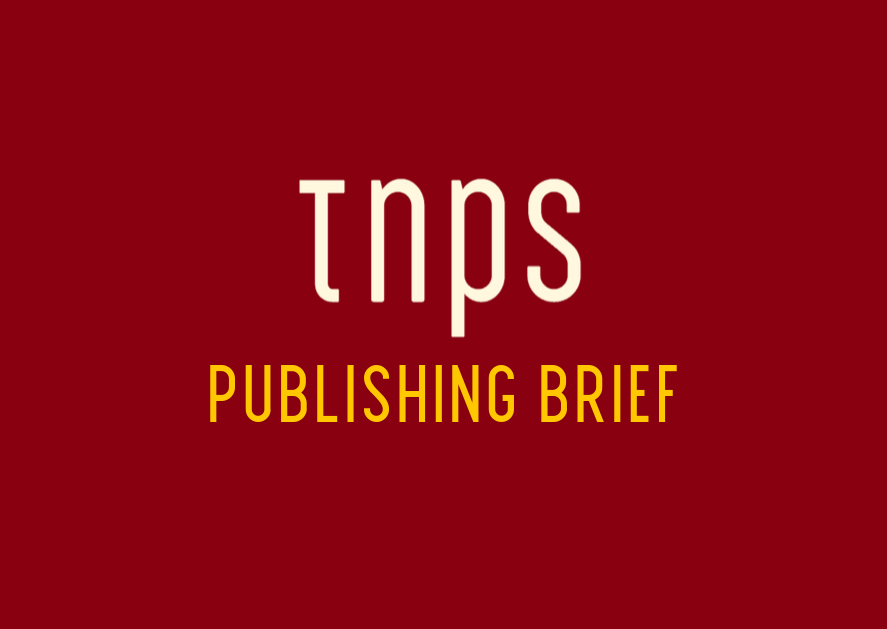Kurdish literature in Turkey faces relentless censorship and oppression, but continues as a resilient form of cultural resistance and survival.
A History of Systemic Suppression
The Kurdish minority in Turkey, forming about 18% of the population, has endured continuous suppression of its language and cultural expression since the republic’s inception in 1923. Early laws effectively banned Kurdish from public spheres such as education, media, and literature, making Kurdish literary expression an act of defiance. Writers like Cegerxwîn and Şêrko Bêkes were compelled to sustain Kurdish literature from exile. The recent political alignment of Turkey’s government with nationalist movements has exacerbated anti-Kurdish sentiment and policies, further intensifying censorship.
Crackdowns, Reforms, and Continued Repression
From the 1980s, armed conflict with the Kurdistan Workers’ Party (PKK) deepened tensions. The state responded with arrests and prosecutions of Kurdish intellectuals, often charging them with terrorism. Notable authors faced bans and censorship for addressing Kurdish issues, while Kurdish publishing remained illegal until the early 1990s.
Although Turkey introduced limited reforms in the 2000s to permit Kurdish broadcasts and publications, these measures have largely been superficial and continue to restrict Kurdish cultural expression. Recent years have seen systematic crackdowns, book bans, and arrests of Kurdish authors, forcing many into exile.
Literature as Resilience and Reclamation
Despite this, Kurdish literature endures as a vital form of resistance and identity preservation. Authors such as Sema Kaygusuz poignantly depict historical tragedies like the Dersim Massacre in Turkish, navigating the complex linguistic terrain imposed by their oppressors. Translating Kurdish works into languages like English highlights challenges tied to cultural erasure and the impact of Turkish influence on Kurdish narratives. This translation struggle embodies the broader fight for Kurdish voices to be heard globally.
The Enduring Power of Story
The suppression of Kurdish literature transcends censorship – it is a denial of fundamental rights and an attempt to erase an entire people’s stories. Yet, through underground networks and persistent creativity, Kurdish writers continue to reclaim their heritage and assert their existence. This literary resilience signals enduring hope amid decades of repression.
On personal note, I have high hopes that AI will soon enable more Kurdish voices to be heard (literally and figuratively) in other languages and bring more international literature to Kurdish readers and listeners at home.
This post first appeared in the TNPS LinkedIn newsfeed.





